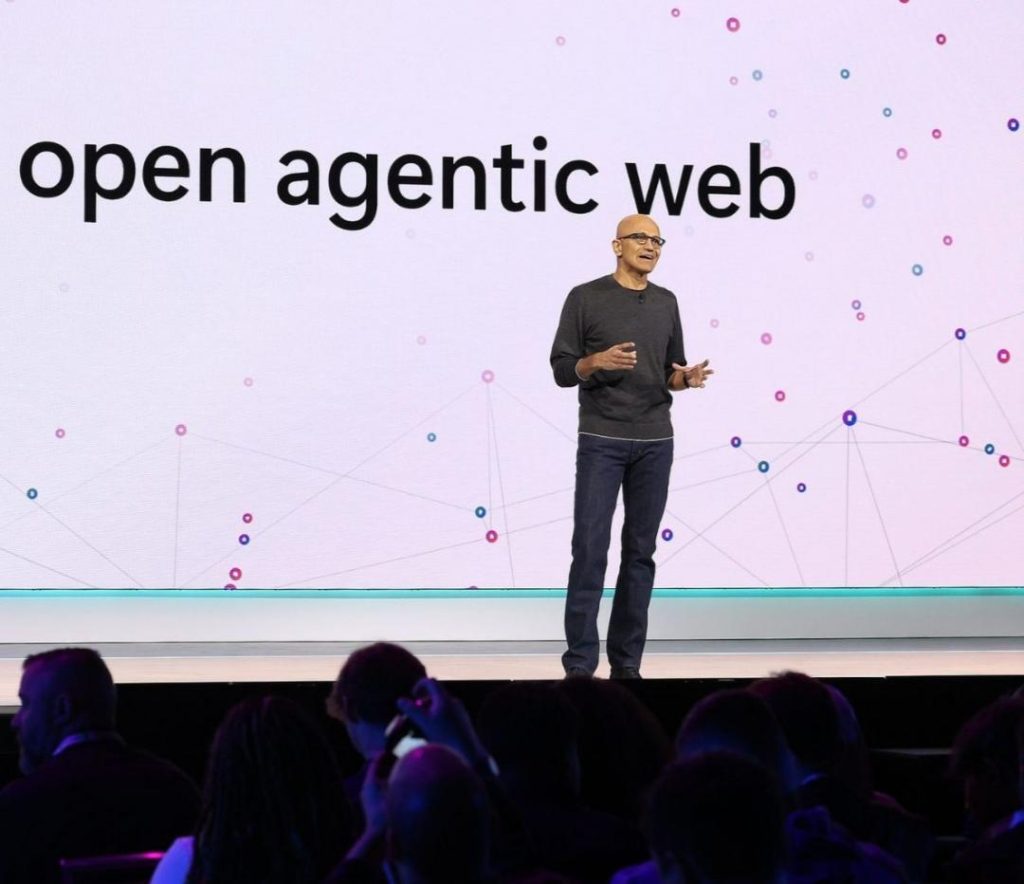
Microsoft Build 2025 Highlights: AI Agents Take the Lead
Microsoft’s annual Build conference is always a highly anticipated event in the tech world, and this year’s Build 2025 did not disappoint. As expected, the company made several significant announcements that showcased its commitment to artificial intelligence (AI) and its vision for the future of technology. One of the most prominent themes to emerge from the conference was the increasing importance of Agentic AI, which is designed to automate and improve workflows across products, platforms, and the web.
In this blog post, we’ll delve into the key highlights from Microsoft Build 2025, focusing on the company’s Agentic AI strategy and its implications for the future of work and technology.
Agentic AI: The Future of Work
Microsoft’s Agentic AI is a significant departure from traditional AI approaches, which often focus on specific tasks or applications. Instead, Agentic AI is designed to be a more general-purpose technology that can learn, reason, and interact with humans in a more natural way. This is achieved through the use of AI agents, which are software programs that can perform tasks autonomously and make decisions without human intervention.
At Build 2025, Microsoft demonstrated several AI agents that are capable of automating and improving workflows across a range of products and platforms. One example was the company’s new Azure Cognitive Services, which uses AI to automate manual tasks and improve the accuracy of business processes. Another example was the updated Microsoft Power Automate (formerly Microsoft Flow), which now includes AI-powered workflows that can learn and adapt to changing business needs.
GitHub Copilot: The Peer Programmer
One of the most significant announcements to emerge from Build 2025 was the evolution of GitHub Copilot. Initially launched as an AI-powered coding assistant, GitHub Copilot has now become a peer programmer, capable of writing code alongside human developers. This is a significant shift, as it means that AI is no longer just an assistant, but a full-fledged partner in the development process.
GitHub Copilot uses AI to analyze code and suggest improvements, and it can even write entire functions and classes. This has the potential to revolutionize the way software is developed, as it could significantly reduce the time and effort required to create complex code. As Microsoft’s CEO, Satya Nadella, noted during the conference, “AI is not just about automating tasks, it’s about augmenting human capabilities.”
Other Key Announcements
In addition to the Agentic AI and GitHub Copilot announcements, Microsoft made several other significant announcements at Build 2025. Some of the key highlights included:
- Azure OpenAI Service: Microsoft announced the launch of Azure OpenAI Service, a cloud-based platform that provides access to the company’s OpenAI technology. This includes the ability to integrate OpenAI models into applications and workflows, as well as access to OpenAI’s conversational AI capabilities.
- Power Apps: Microsoft updated its Power Apps platform, which allows users to build custom business applications without requiring extensive coding skills. The updated platform includes new AI-powered features, such as the ability to predict user behavior and suggest improvements to workflows.
- Microsoft Edge: Microsoft announced several updates to its Microsoft Edge browser, including improved performance, enhanced security features, and support for AI-powered features, such as the ability to use AI to analyze web pages and suggest improvements.
- Mixed Reality: Microsoft demonstrated several new mixed reality (MR) experiences, including the ability to use MR to create immersive, interactive stories and to enhance virtual meetings and events.
Conclusion
Microsoft’s Build 2025 conference was a significant event in the tech world, and it showcased the company’s commitment to Agentic AI and its vision for the future of technology. The announcements made during the conference demonstrated the company’s focus on using AI to automate and improve workflows across products, platforms, and the web, and its willingness to push the boundaries of what is possible with AI.
As we look to the future, it’s clear that Agentic AI will play a significant role in shaping the way we work and interact with technology. Whether it’s automating manual tasks, improving workflows, or enhancing our personal and professional lives, AI agents are likely to have a profound impact on the world around us.






